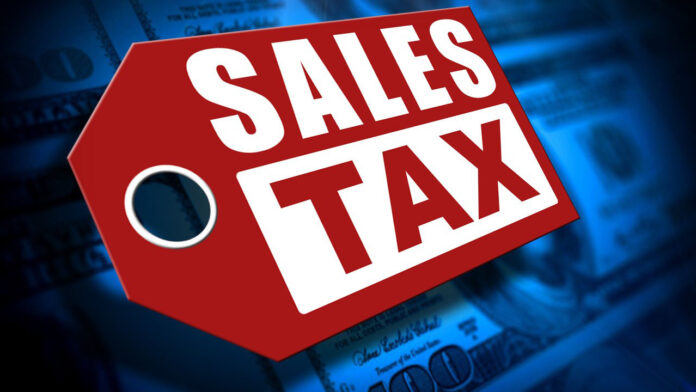HARLINGEN — State sales tax numbers continue to lag in the wake of turbulence from COVID-19 and resulting business disruptions.
Sales tax numbers for December totaled $2.86 billion in Texas, which was 5 percent below the same month in 2019. Most of this tax collected was based on sales made in November.
Practically all major categories were down across the board, with retail trade the only really bright spot, said Texas Comptroller Glenn Hegar.
“December sales tax collections continued recent trends, with receipts from most major economic sectors significantly down from a year ago,” Hegar said. “Retail trade was the principal exception, with the strongest gains coming from online general merchandisers, building materials and home improvement stores, warehouse clubs and supercenters and sporting goods and hobby stores.”
In other words, it appears most of this uptick in retail didn’t come from locally owned businesses but from major chains.
“Collections from discount retailers also were up, while collections from department stores, clothing stores and other specialty retailers generally were down,” Hegar added. “Receipts from the wholesale trade sector also were slightly up, due to strength in sales by building materials vendors.”
All major categories except motor vehicle sales and rental taxes showed significant year-over-year declines. That category, with tax revenues of $439 million recorded, was up 2.7 percent from a year ago.
Motor fuel taxes were $278 million, down 10.6 percent year-over-year. Oil production taxes were $197 million, down 45.5 percent, and natural gas production taxes were $86 million, down 25 percent.
The state’s cut of hotel occupancy taxes was $26 million, down 48.5 percent, and alcoholic beverage tax collected totaled $84 million, down 28.5 percent.
Sales tax is the largest source of state funding for the state budget, accounting for 59 percent of all tax collections.




